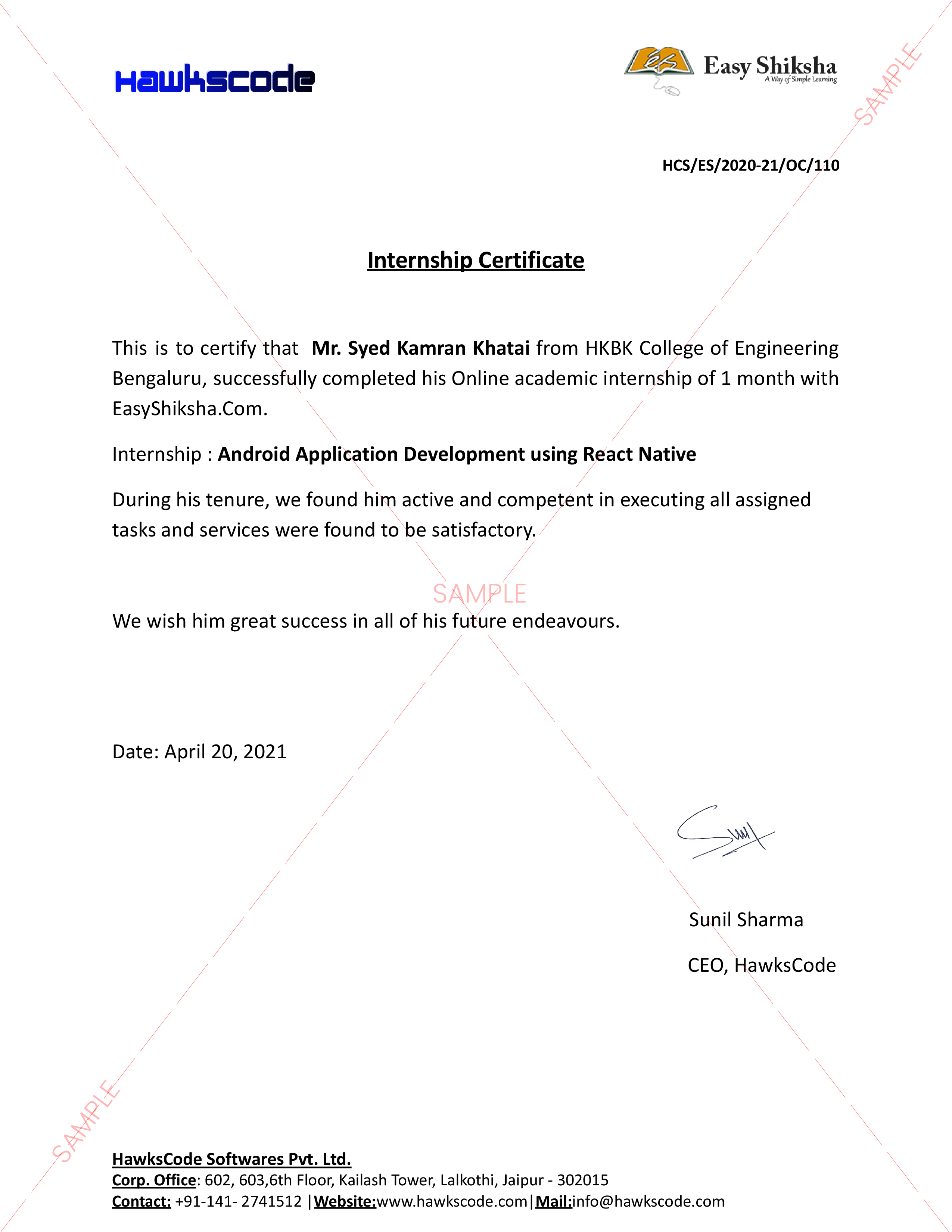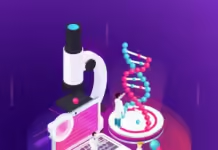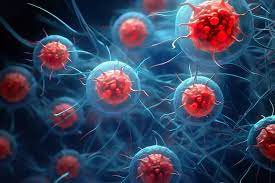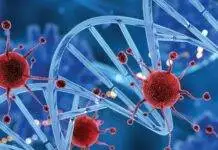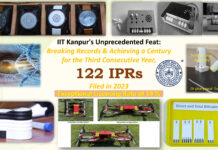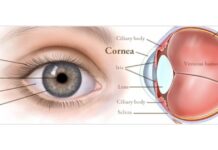Newcastle University’s new research reveals that testing older potential organ donors for dangerous ‘zombie cells’ could help to increase the number of hearts available for transplant.
18th July 2023, New Delhi: Researchers from Newcastle University are working to develop a test which may help clinicians determine quickly whether a donor heart may still be suitable for transplant. Hearts from donors aged over 65 are currently not accepted for donation due to the likelihood of a poor clinical outcome. However, our hearts age at different rates and age isn’t necessarily the best indicator of heart health.
With around 320 people currently waiting for a lifesaving heart transplant, it is hoped this new test would help to increase the number of hearts available and allow more people to get the transplant they desperately need.
The ‘Zombie’ cells research, partly funded by the British Heart Foundation (BHF) and presented at the British Cardiovascular Society conference in Manchester, has shown people with heart disease have more senescent – or ‘zombie’ – cells than those without after they found higher levels of ‘zombie’ cell markers in their blood.
‘Zombie’ cells aren’t dead, but they don’t work as they should. They release molecules which can impact neighbouring cells, turning these into ‘zombie’ cells too. They also increase the amount of inflammation and cause scar tissue to form in the heart muscle. This raises the risk of developing heart and circulatory diseases.
Led by Dr Gavin Richardson, Senior lecturer and lead of the Vascular Medicine and Biology Theme at Newcastle University, the team of researchers now want to find out more about the ‘signature’ that ‘zombie’ cells leave in the blood and what that signature tells them about the biological as opposed to the chronical age of the heart. They think that a blood test to look for this signature in older potential donors could reveal those who have biologically young, healthy hearts that might be suitable for transplant.
Important Announcement – EasyShiksha has now started Online Internship Program “Ab India Sikhega Ghar Se”
Dr Richardson notes, “Our work is revealing more about the clues that ‘zombie’ cells leave to suggest their presence in the body. We are confident that we will be able to use these clues to better understand which hearts from non-eligible donors might be able to be used after all.
He adds, “This could be a game changer – as currently most hearts from older donors are not used for transplant, but the hope is we will be able to show that a number of these organs are suitable for transplant for people desperately waiting for a new heart.”
When they looked at human heart cells in a dish, the researchers saw that the ‘zombie’ cells secrete higher levels of a protein called GDF15 compared to healthy cells. Using blood samples from 774 people aged over 85, the researchers then found higher levels of the GDF15 protein in the blood of people with heart disease than people without – suggesting that their hearts contain more ‘zombie’ cells. The increase in GDF15 levels in the blood of people with heart disease was like that of another protein that is already used to diagnose heart failure – which made the researchers confident that they would be able to identify the cells associated with senescence.
Also Read: Manipal’s American University of Antigua (AUA) Holds Grand Graduation Ceremony in New Jersey
The team also looked at the RNA in cells from eight donor hearts. RNA – short for ribonucleic acid – is like DNA and tells cells which proteins to make depending on the genes that are turned on. When researchers looked at another marker in these hearts linked to ‘zombie’ cells – called p21 – they found a strong link between this and another marker of heart and circulatory diseases.
The experts believe these two molecules will form part of the ‘zombie’ cell signature that could be detected through tissue or blood tests. They’re now using blood and tissue samples from the Quality in Organ Donation biobank and NHS Blood and Transplant to look for this signature and find out whether it’s linked to better transplant outcomes.
This research was also funded by the Medical Research Council.
This year educate yourself and develop your career with EasyShiksha

